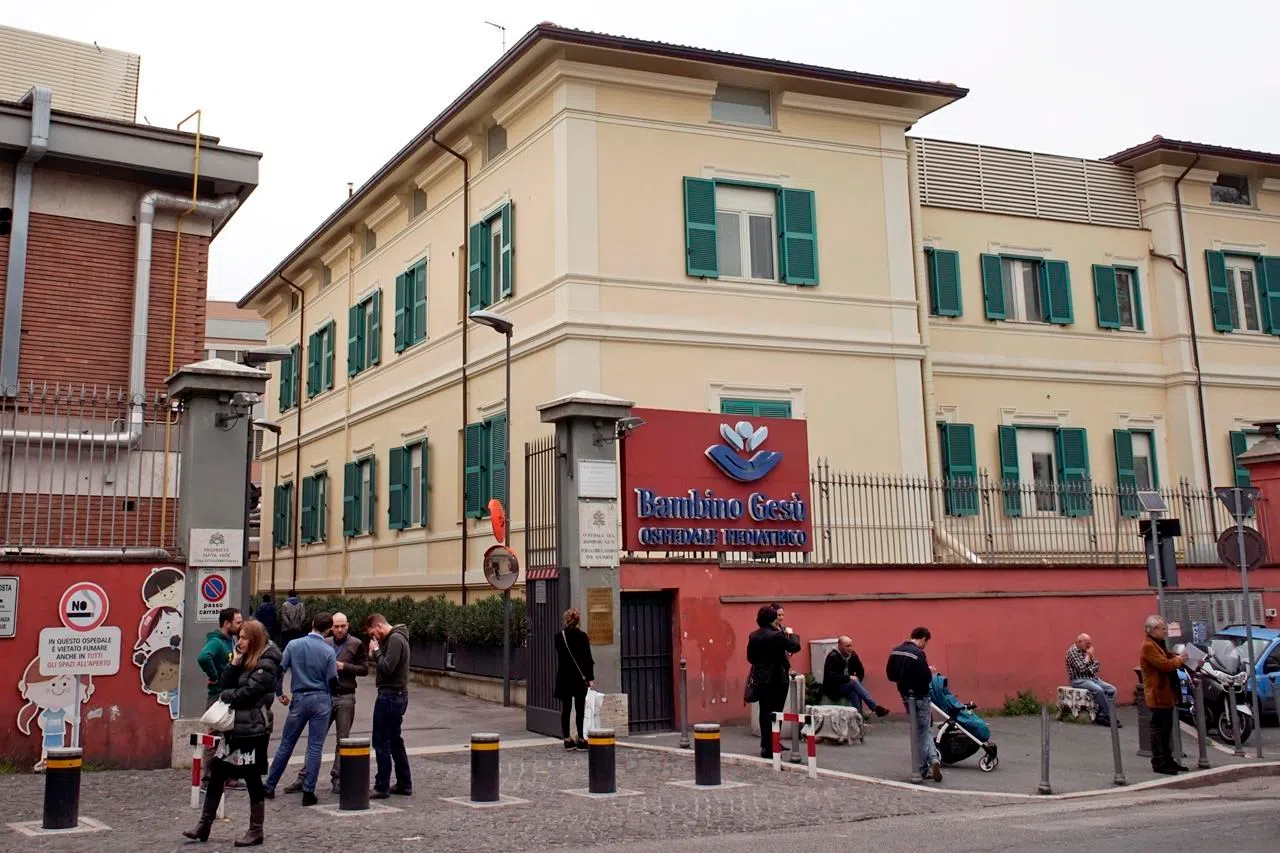
Vatican court convicts ex-hospital chief in housing scandal
VATICAN CITY — A Vatican court on Saturday convicted the former president of the pope’s children’s hospital of diverting some $500,000 in donations to renovate a cardinal’s flat and gave him a one-year suspended sentence.
The original charges against ex-hospital president Giuseppe Profiti had been embezzlement. But the court convicted him of a lesser offence of abuse of office after the defence argued the money was intended as an investment to benefit the hospital.
The three-judge tribunal absolved Bambino Gesu Pediatric Hospital’s former treasurer, Massimo Spina. Notably, neither the cardinal who benefited from the renovation nor the contractor who was apparently paid twice for doing the work was charged.
More than anything, the trial exposed how Cardinal Tarcisio Bertone, the Vatican’s former secretary of state, bent Vatican rules to get his retirement apartment ready after Pope Francis was elected in 2013 and named a new secretary of state.
